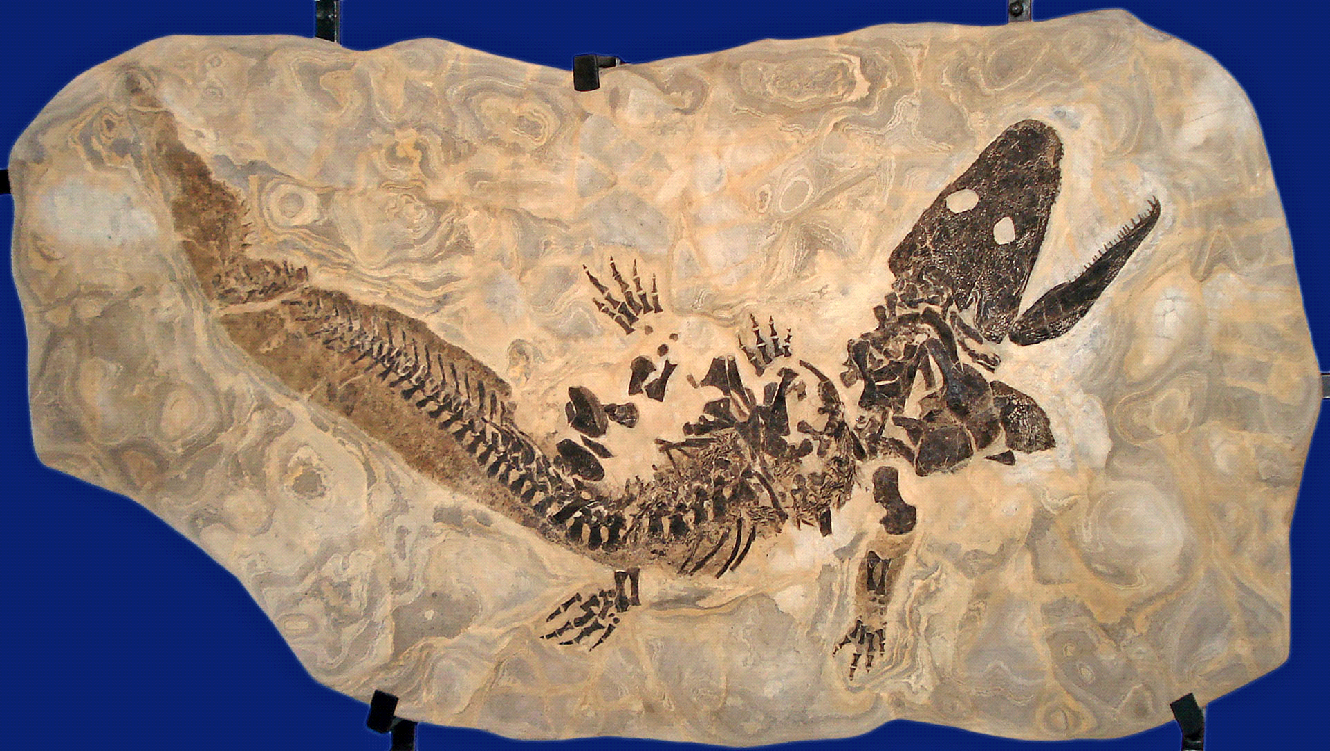Question
Question: What is meant by fossil?...
What is meant by fossil?
Solution
Fossil is a specimen that demonstrates the physical evidence of the occurrence of ancient life. The remnants of the past plants are called fossils. They are stored up, so that they can be studied in future by the scientist.
Complete answer:
The term "fossil" literally means something dug out. It refers to any relic of ancient organisms (fungi, protists, animals and plants) preserved by natural means in rock or other media. The study of fossils is called palaeontology.
Generally, the organisms that die are disposed of by putrefying bacteria or eaten by scavengers and disappear altogether. At times, the dead organisms get buried under certain materials that protect them from putrefaction and scavengers. The organisms, thus preserved, leave traces of fossils. If somehow the fossils came within human reach and are examined, they provide information about the characteristics of the original organisms. Thus, the fossil gives evidence of former animals and plants.
Fossilization may take place by the replacement of the molecules of original substance of the plant one by one by the molecules of minerals in soil solution and this replacement may occur due to hydrolysis or weathering of the organic substance present in the plant. After burial, the plant body undergoes partial disintegration, and the free carbon released in this process forms carbonate by reacting with unfiltered calcium, magnesium etc.
Fossils formed in the past are embedded in the earth layers of different ages. In a geologically undisturbed section of the earth's crust the deeper layers are older layers. Fossils embedded in successive layers provide a time picture of the evolution. The actual age of a rock layer is determined and excellent clocks are built right into the earth's crust based on the radio active substance. A given quantity of radium is known to decay into lead in a certain time. A similar basis is applied for age determination by potassium-argon dating and by radiocarbon dating.

Note:
Due to less investigation, fossil records are not complete and preserved plants are usually fragmentary. Even collections are scattered and softer tissues decay and can not be fossilized. Professor Birbal Shni is known as the "Father of Indian Palaeobotany". Williamson is referred to as the pioneer in the investigation of fossils on modern lines.
